Human-Machine
-
UT Austin Study Aims to Shield Critical Brain Functions From Surgery, Find New Treatments for Neurological Conditions
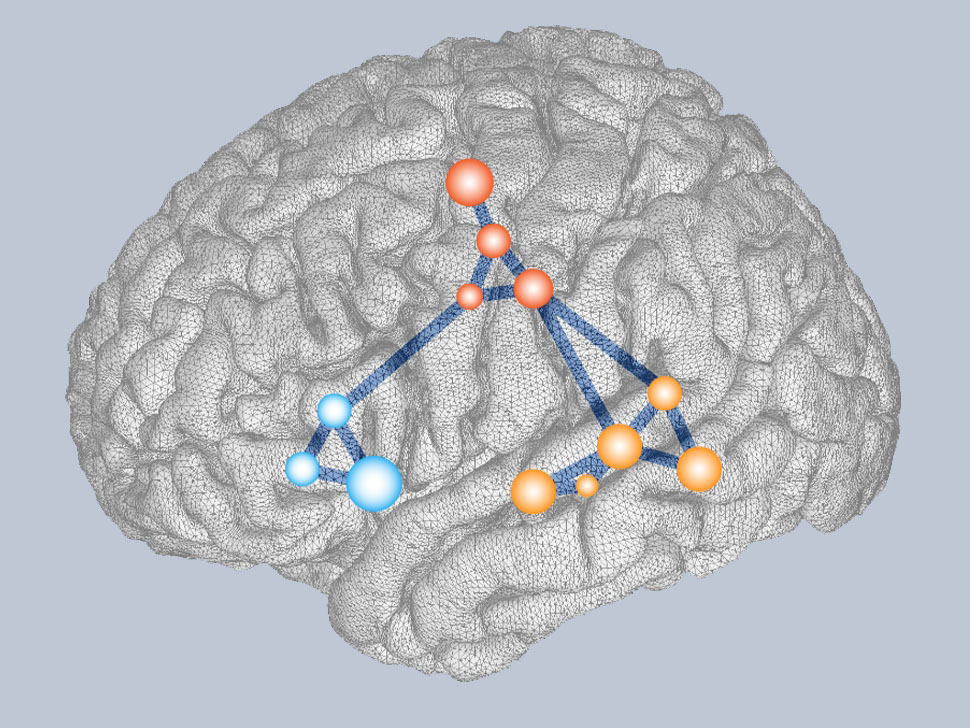
The Cockrell School's José del R. Millán is part of an interdisciplinary team led by the Dell Medical School to map the brains of adolescents before and after epilepsy surgery to examine how novel brain-machine interfaces and embodied learning technologies can help the brain rewire itself before surgery, move key functions away from the surgeon's target and recover more quickly afterward.
-
Using Wearable Technology to Prevent Kidney Stones
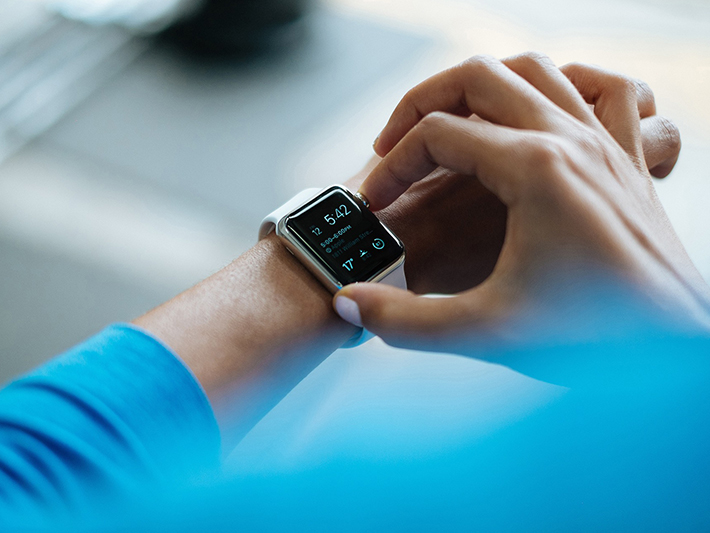
Electrical and computer engineering assistant professor Edison Thomaz is working with researchers from Penn State University and Stanford University on a project called sipIT, a technology-based intervention to promote fluid intake, increase urine output and reduce risk of kidney stones. The team recently received a five-year, $2.97 million grant from the National Institute of Diabetes and Digestive and Kidney Diseases to further their technology.
-
New Discovery Helps Researchers Rethink Organoid Cultures
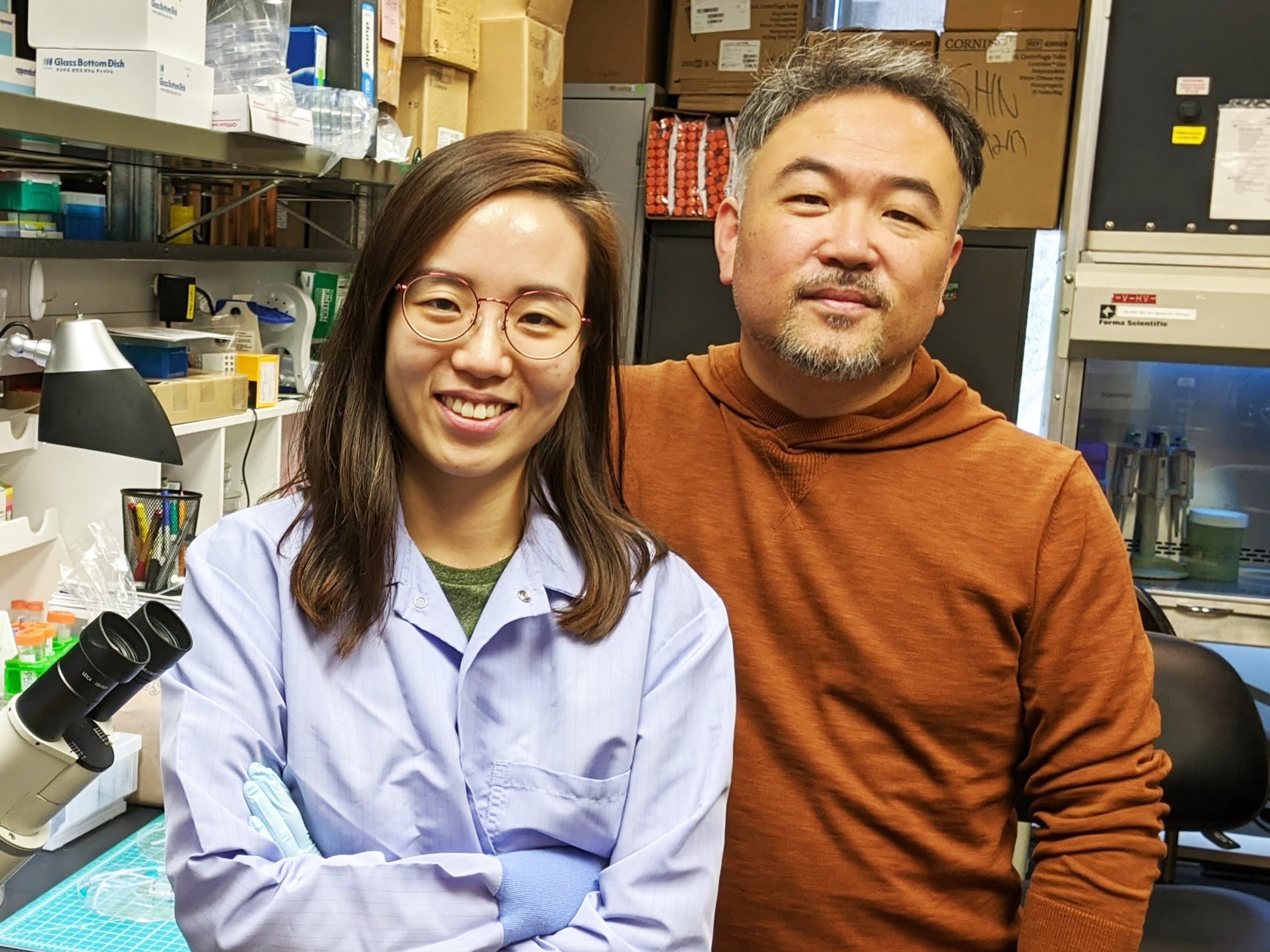
Organoids are stem cell-based tissue surrogates that can mimic the structure and function of organs, and they have become a key component of numerous types of medical research in recent years. But researchers from The University of Texas at Austin have uncovered problems with the conventional method for growing organoids for common experiments that may cause misleading results.
-
This Student Health Care Startup Wants to Improve Life for People Who Use Wheelchairs
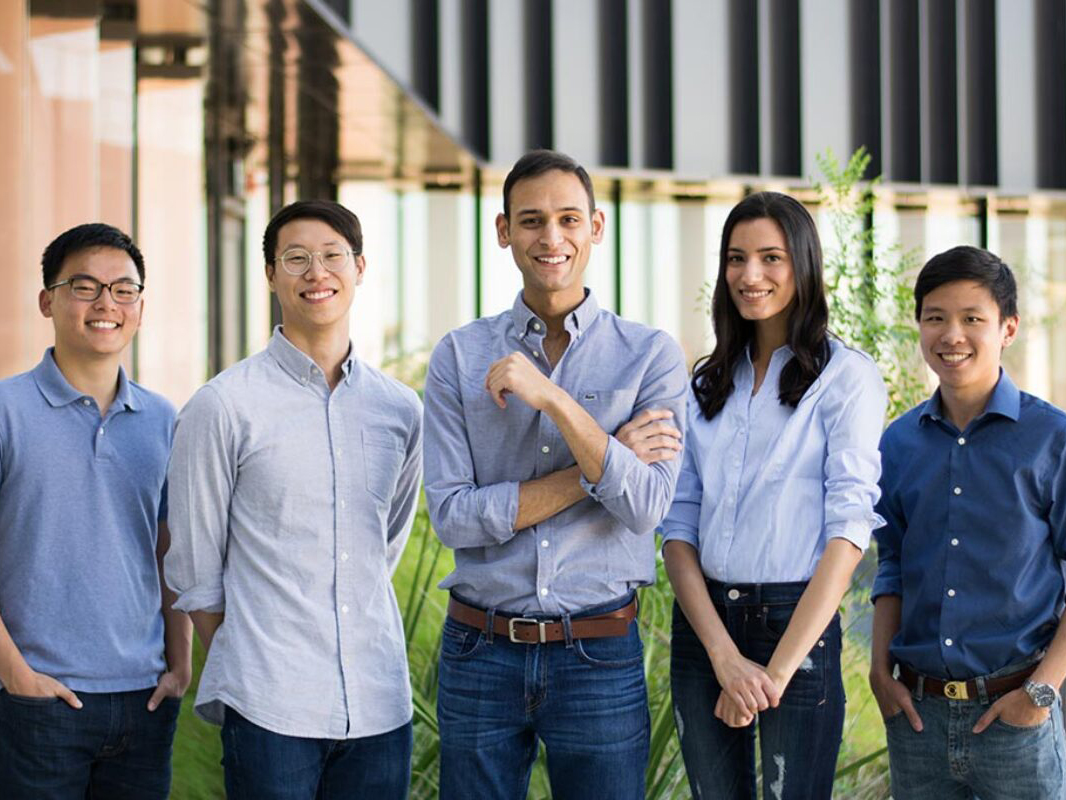
When brother and sister Krishan and Koushalya Sachdev witnessed their 23-year-old cousin’s adjustment to life as a paraplegic after suffering a traumatic accident, they wanted to do everything they could to help him.
-
ClearCam and Its Cockrell School-Developed 'Windshield Wiper' for a Laparoscope Closes $2.6M in Recent Seed Funding Round
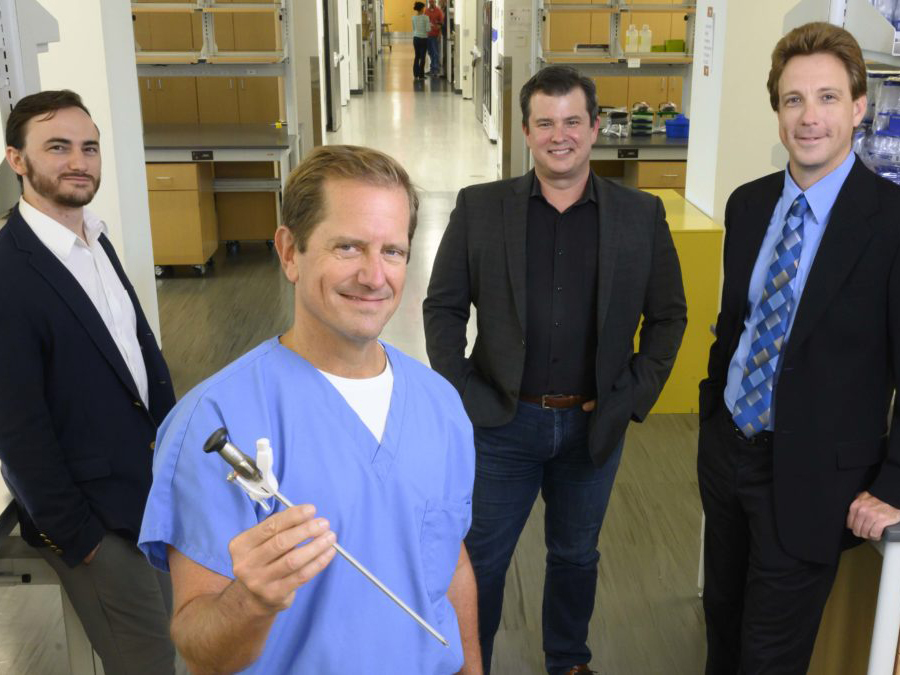
ClearCam Inc., a medical device spinout company founded by Cockrell School of Engineering associate professor Chris Rylander based on research from his lab, recently announced the closing of $2.6 million in seed round funding.
-
Texas Engineering Professor Raises $10M for Medical Robot Startup Aiding Hospitals During Coronavirus Outbreak
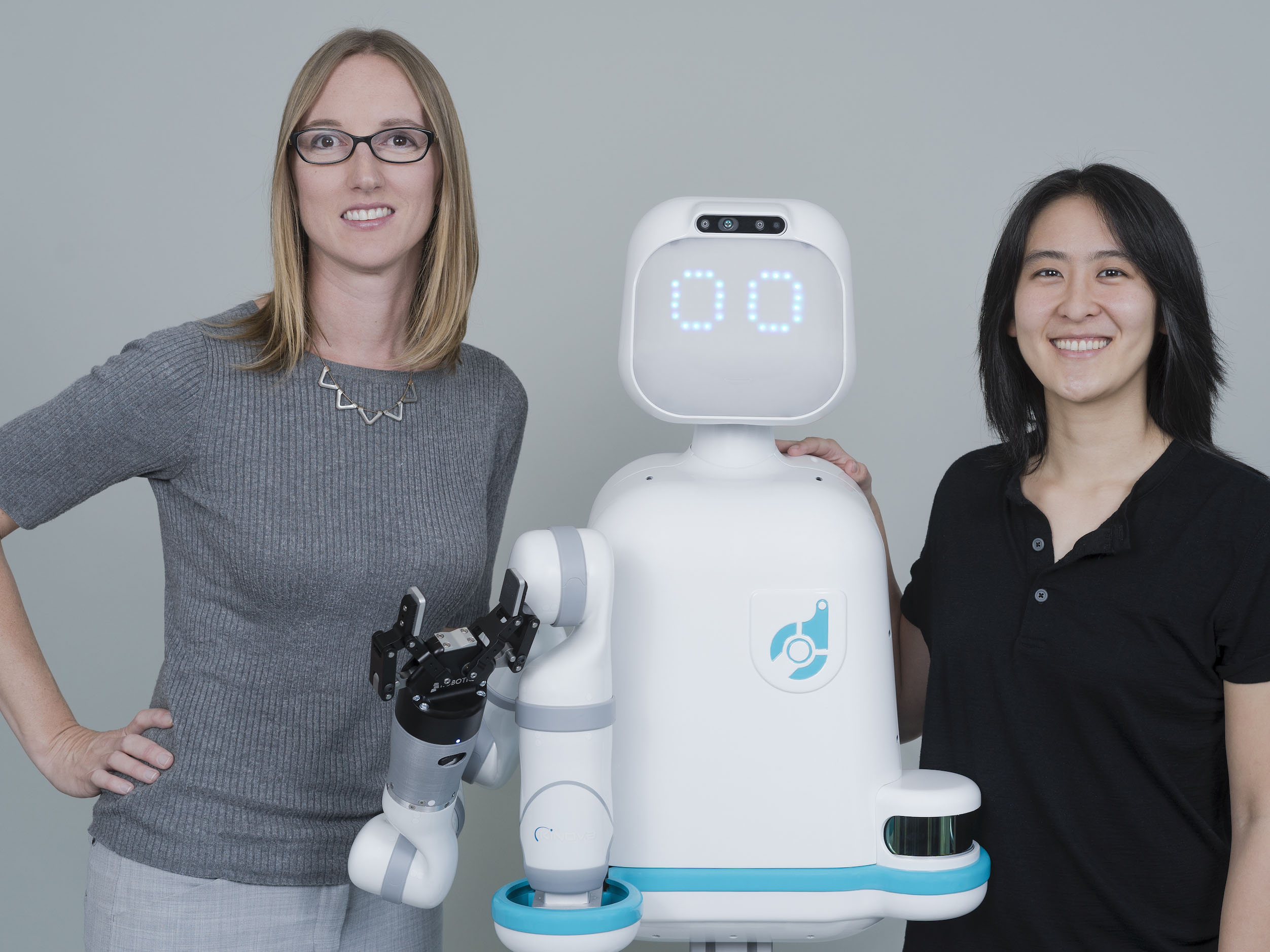
The contagious nature of COVID-19 puts medical personnel at risk of contracting the virus from the patients they treat. A startup co-founded by University of Texas at Austin engineering professor Andrea Thomaz just landed $10 million in investment to ramp up production of medical robots that could prove a valuable tool in helping doctors and nurses treat patients amid the novel coronavirus outbreak.
-
New E-Tattoo Enables Accurate, Uninterrupted Heart Monitoring for Days
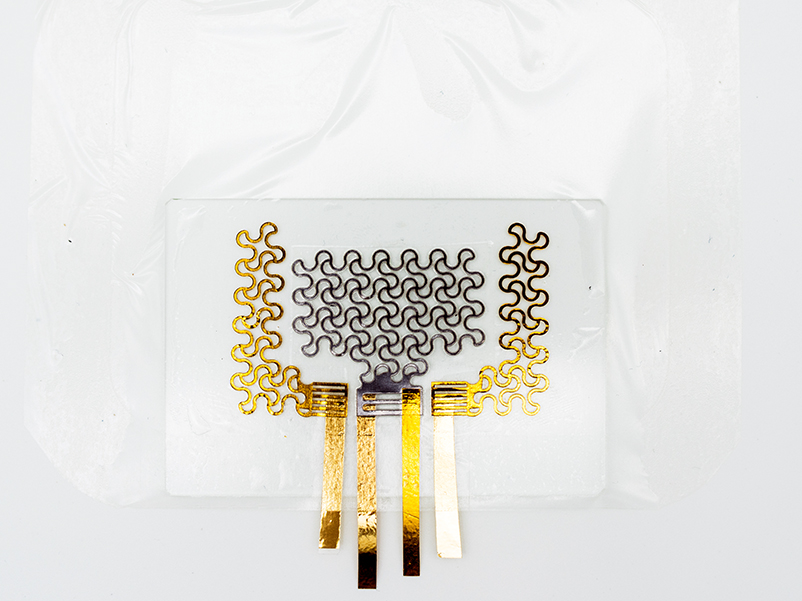
The leading cause of death in Texas is heart disease, according to the National Center for Health Statistics, accounting for more than 45,000 deaths statewide in 2017. A new wearable technology made from stretchy, lightweight material could make heart health monitoring easier and more accurate than existing electrocardiograph machines — a technology that has changed little in almost a century.
-
‘Gut-on-a-Chip’ Research Aims to Find Personalized Treatment for Crohn’s Disease
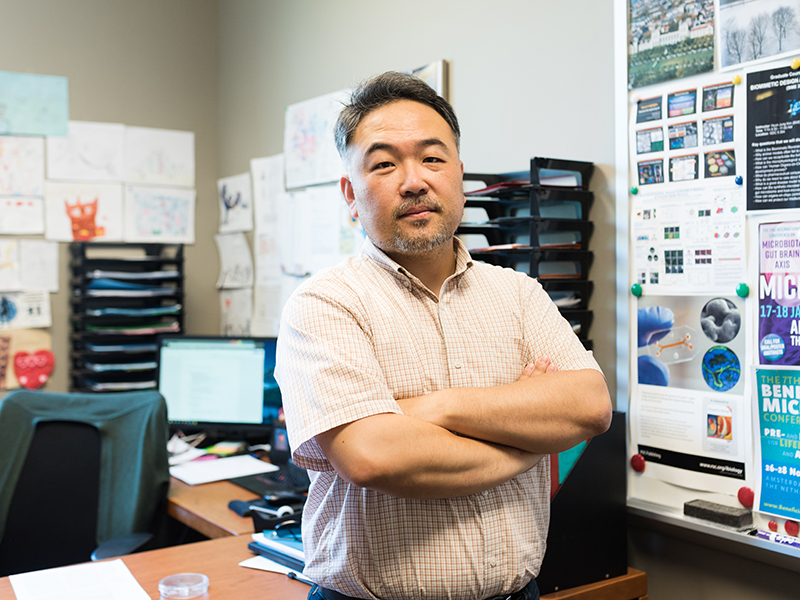
To model human health and disease, organ-on-a-chip technology mimics the human body’s organ structure, functionality and physiology in a controlled environment. These miniature systems, which serve as accurate models of various organs from the heart and lungs to the gut and the kidneys, can use a patient’s own cells to test drugs and understand disease processes to help determine the right treatment for the right patient.
-
Outfitting T Cell Receptors to Combat a Widespread and Sometimes Deadly Virus
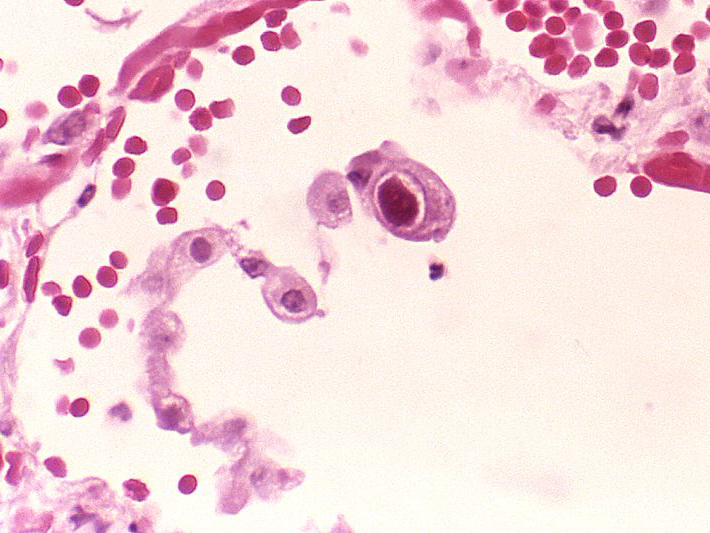
Researchers in the Cockrell School of Engineering's McKetta Department of Chemical Engineering have engineered "antibody-like" T cell receptors that can specifically stick to cells infected with cytomegalovirus, or CMV, a virus that causes lifelong infection in more than half of all adults by age 40. These receptors represent a new potential treatment option, could aid the development of CMV vaccines and might also be used to target brain tumors.
-
Probiotics Are Not Always ‘Good Bacteria’
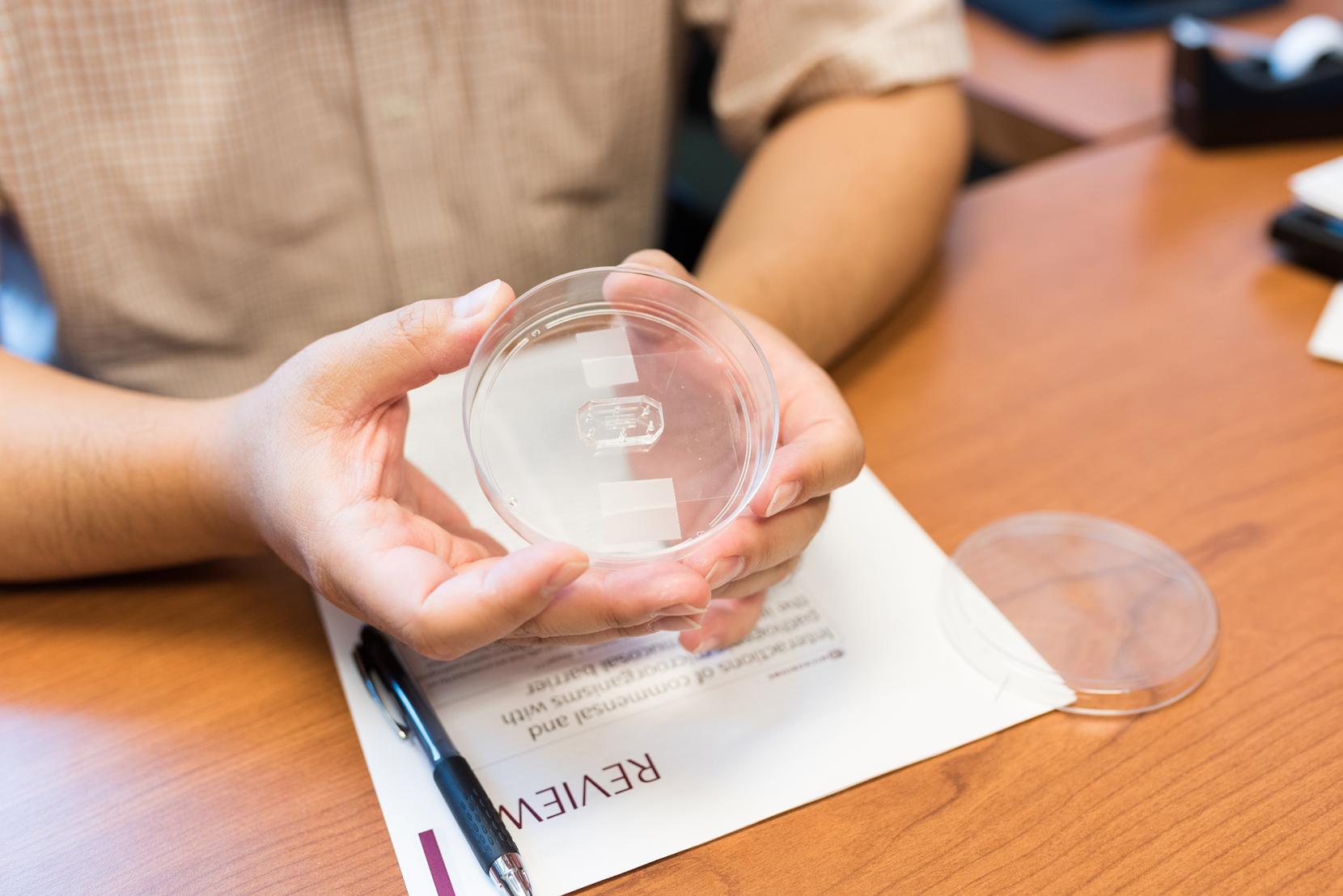
The first study investigating the mechanism of how a disease develops using human organ-on-a-chip technology has been successfully completed by engineers at The University of Texas at Austin.
-
New E-Tattoo is Thinnest of Its Kind and Could Transform Body Monitoring Tech
A cross-disciplinary team of researchers in the Cockrell School of Engineering at The University of Texas at Austin have developed a new kind of electronic tattoo that monitors bodily functions and signals from the heart and brain.
-
Cockrell School Engineers Collaborate to Improve Breast Reconstruction Process for Patients
For many of the thousands of women who undergo mastectomies each year due to breast cancer, part of the healing process is breast reconstruction. However, reconstruction can be an arduous process based primarily on the surgeon’s own experience and skill. It can take multiple surgeries to get it right, and patients often face an overwhelming series of decisions with a number of options and conflicting preferences.
-
Keeping It Simple: Students Invent Device to Improve Physical Therapy
In 2014 the Seton Brain and Spine Recovery Center came to Cockrell School assistant professor James Sulzer with a problem. Their patients were performing shoulder exercises incorrectly and subjecting themselves to further injury, a particular issue for patients with spinal cord injuries.
-
Wearable Electronic Health Patches May Now Be Cheaper and Easier to Make
A team of researchers in the Cockrell School of Engineering at The University of Texas at Austin has invented a method for producing inexpensive and high-performing wearable patches that can continuously monitor the body’s vital signs for human health and performance tracking, potentially outperforming traditional monitoring tools such as cardiac event monitors.
-
Texas Engineers Introduce Advanced Rehabilitation Robot HARMONY
Researchers in the Cockrell School of Engineering at The University of Texas at Austin have developed a first-of-its kind, two-armed, robotic rehabilitation exoskeleton that could provide a new method of high-quality, data-driven therapy to patients suffering from spinal and neurological injuries.
-
Biomedical Engineer Recognized for Dedication to Teaching, Research in Women's Health
The American Society for Engineering Education (ASEE) has chosen Mia K. Markey to receive the 2015 ASEE Sharon Keillor Award for Women in Engineering, which recognizes and honors outstanding women engineering educators.
-
Cockrell School Engineer Takes Home SXSW Interactive Innovation Award
A non-invasive, 3-in-1 skin cancer detection device developed by researchers in the Cockrell School of Engineering at The University of Texas at Austin took home top honors in the "Sci-Fi No Longer" category at the 18th annual SXSW Interactive Innovation Awards on March 17.







